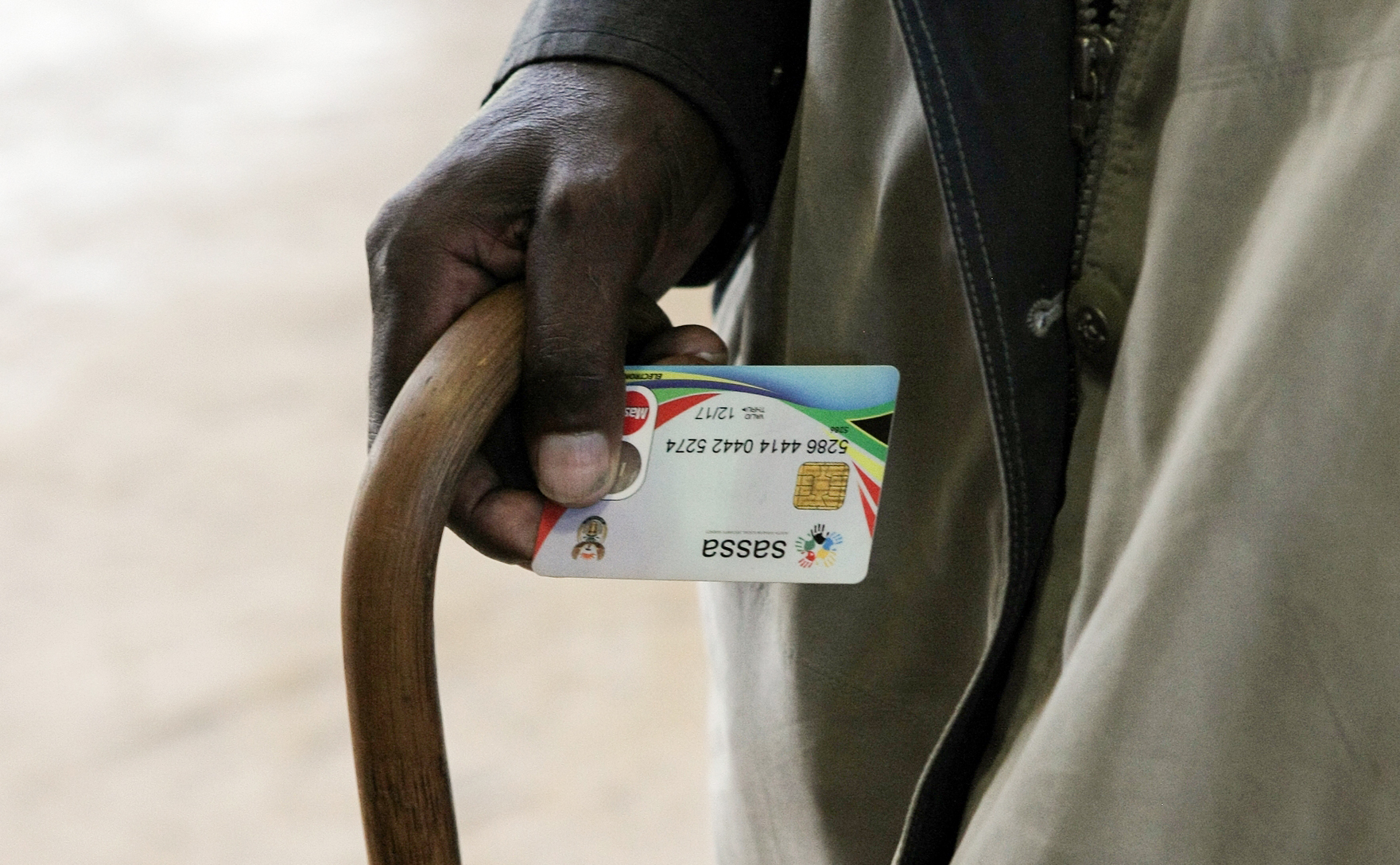On Thursday, 23 January 2024, the Gauteng Division of the High Court in Pretoria made a ruling in a Social Relief of Distress grant exclusion case brought by the Institute for Economic Justice and #PaytheGrants against the government. The judgment found the application criteria to access the SRD grant unconstitutional.
Millions of people who qualify to receive the grant are excluded by the system, and hundreds of thousands have challenges accessing the funds despite being approved to receive the R370 monthly grant.
Judge ML Twala said: “The Department of Social Development and Sassa seem to be oblivious to the human suffering and indignation caused by the deployment of regulations with barriers that preclude the eligible SRD grant applicants from receiving it, and the inefficient administration and payment of the SRD grant to the successful applicants. This is so because they have totally abdicated their responsibilities in these proceedings in that they failed to fully answer to the case of the applicants and left that responsibility to the National Treasury on the pretext that the minister of finance has concurrent authority in the case,” the judgment read.
The applicants argued that in terms of section 172 of the Constitution, the court had the power to grant a just, equitable and effective order, and so the court exercised that right to correct some of the administration problems that excluded those who may need the grant.
Haste
The judge acknowledged the haste with which all relevant departments acted to establish and continuously amend the SRD grant, leaving some of the decision making up to the minister. He noted that all his directives were subject to availability of resources.
The judge found multiple issues unconstitutional in the implementation of the SRD grant.
The judge amended some regulations and issued directives for the Department of Social Development and Sassa. Among the remedied regulations are that “income” should mean money received on a regular basis from formal or informal employment, business activities or investments, and the words “financial support” mean money received on a regular basis that benefits the recipient, “that does not constitute income, and which the recipient has a legal right to receive. Regulation is declared unconstitutional and invalid to the extent that it makes provision for checks against databases that may indicate income or alternative financial assistance,” the judgment read.
The court also lambasted the regular glitches and non-payment of recipients. It declared that Sassa’s failure to pay successful applicants of the SRD grant, timeously or at all, was unconstitutional and unlawful.
“Sassa must investigate the cause of widespread delays in payments to successful SRD grant applicants and devise and implement a plan to address those delays. The social security agency has received directives to make the grant fit for purpose.
“The Constitution requires the government to devise and implement a plan to address the retrogression in the value of the SRD grant and income threshold, and progressively increase the value of the SRD grant in Regulation. The Minister of Social Development, in consultation with the Minister of Finance, must assist in setting the income threshold to qualify for the SRD grant, give due consideration to the right to social assistance in section 27(1)(c) of the Constitution for people unable to support themselves, and the need to provide the SRD grant to all persons unable to support themselves,” the judgment read.
Increases in inflation
Considerations the relevant departments must make include increases in inflation and the cost of living objective income measures, including the national Food Poverty Line of R760 to ensure that no one living in poverty is excluded from accessing the grant.
The respondents were also ordered to pay the civil society organisations for their costs in these proceedings.“Not only must the government show that the policy it has selected is reasonable, it must show that the policy is being reconsidered consistent with the obligation to ‘progressively realise’ social and economic rights in mind. A policy that is set in stone and never revisited is unlikely to be a policy that will result in the progressive realisation of rights consistently with the obligations imposed by the social and economic rights in our Constitution. This case illustrates how litigation concerning social and economic rights can exact a detailed accounting from the government and, in doing so, impact beneficially on the policy-making process,” the judgment read. DM





